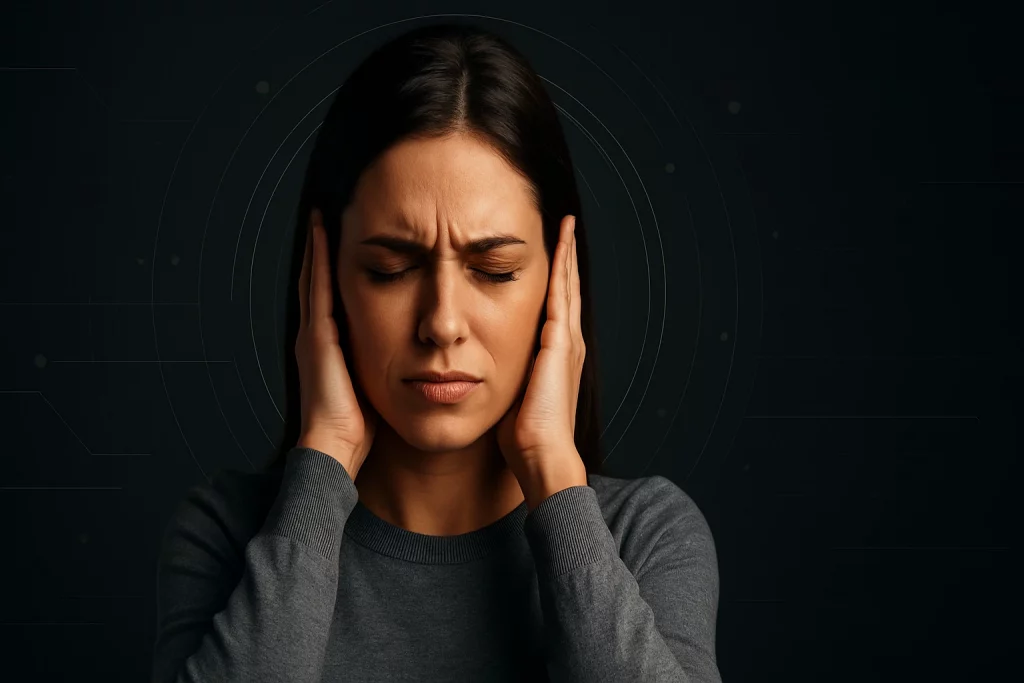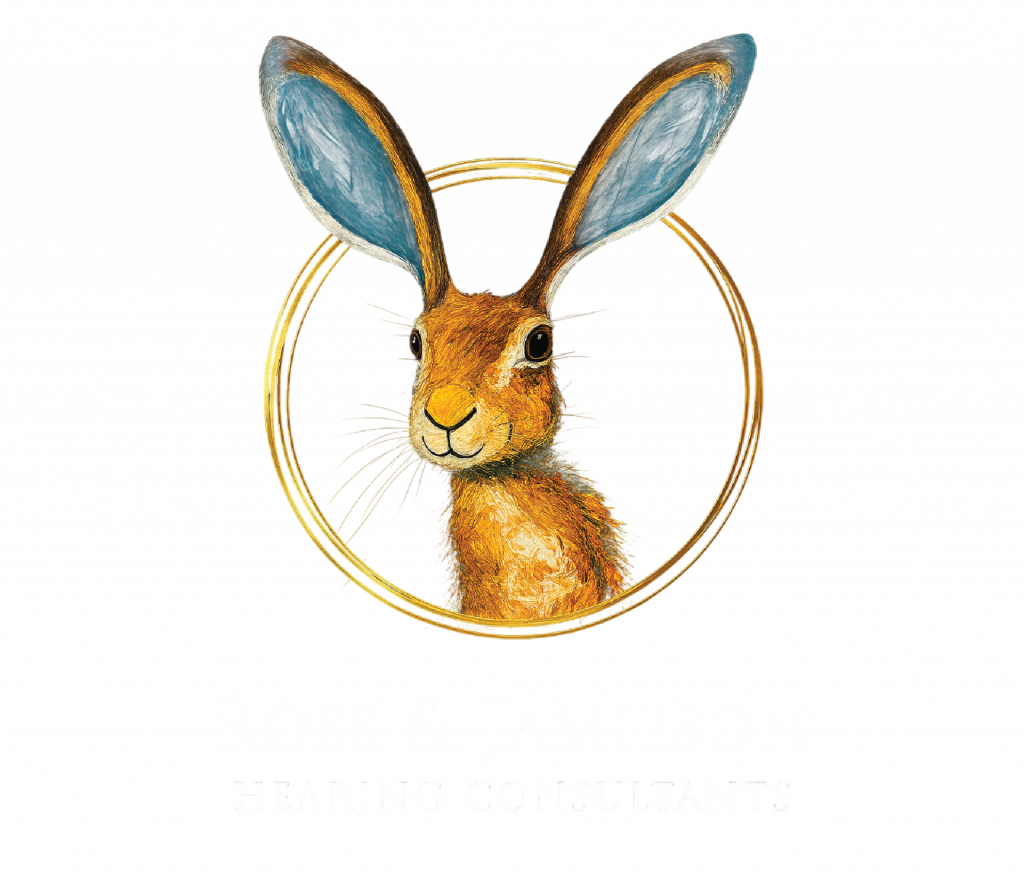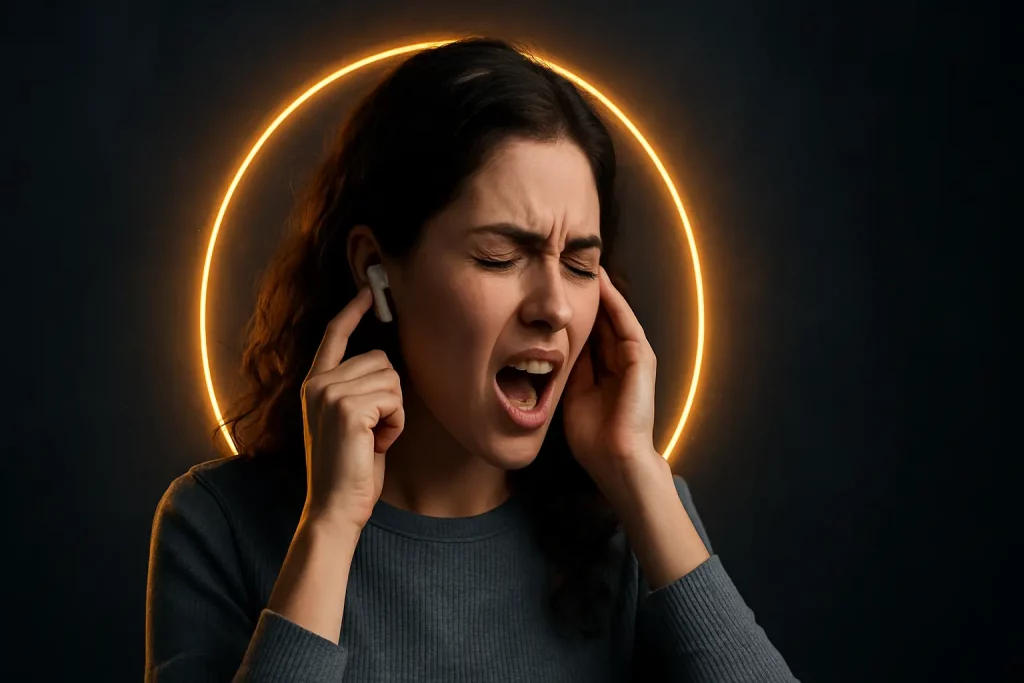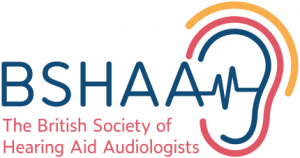Hearing Health
Your Guide to
Better Listening
and Living
|
At Ross and Jamieson Hearing Consultants, we believe that healthy hearing is the foundation of a vibrant life. Whether it’s enjoying conversations with loved ones, appreciating the nuances of music, or staying alert in everyday environments, your ears play a crucial role in connecting you to the world. Our “Hearing Health” page is dedicated to empowering you with knowledge, practical tips, and insights to protect and enhance your auditory well-being. As experienced audiologists serving our community, we’re here to help you navigate the journey toward optimal hearing.
Understanding the Basics of Hearing Health
Hearing is a complex process involving the outer, middle, and inner ear, along with the auditory nerve and brain. Sound waves enter the ear canal, vibrate the eardrum, and are amplified by tiny bones in the middle ear before reaching the cochlea—a snail-shaped structure filled with fluid and hair cells that convert vibrations into electrical signals for the brain to interpret.
However, hearing health isn’t just about anatomy; it’s influenced by lifestyle, age, environment, and genetics. Did you know that over 466 million people worldwide experience disabling hearing loss, according to global health estimates? This number is projected to rise, making proactive care more important than ever. At Ross and Jamieson, we emphasise that hearing loss isn’t inevitable—many cases can be prevented or managed effectively with early intervention.

Recognising the Signs of Hearing Loss
One of the first steps in maintaining hearing health is awareness. Hearing loss often develops gradually, so it’s easy to overlook early symptoms. Here are some common indicators to watch for:
- Difficulty in Conversations: Frequently asking people to repeat themselves, especially in noisy settings like restaurants or family gatherings.
- Volume Adjustments: Turning up the TV or radio louder than others prefer, or struggling to hear phone calls.
- Tinnitus: Experiencing ringing, buzzing, or hissing sounds in the ears, which can signal underlying damage.
- Social Withdrawal: Avoiding social events due to frustration from not hearing clearly, leading to isolation.
- Misunderstandings: Often mishearing words, like confusing "fifty" with "sixty," which can affect work or relationships.
If these sound familiar, it’s time for a professional evaluation. Our team at Ross and Jamieson offers comprehensive hearing assessments using state-of-the-art technology to detect issues early and tailor solutions to your needs.
Prevention: Simple Steps to Protect Your Ears
Prevention is key to lifelong hearing health. Here are actionable tips curated by our audiologists to safeguard your ears:
- Limit Noise Exposure: Everyday sounds like traffic (around 85 decibels) or concerts (up to 110 decibels) can cause permanent damage over time. Use earplugs or noise-cancelling headphones in loud environments, and follow the 60/60 rule: listen to personal audio devices at no more than 60% volume for no longer than 60 minutes at a time.
- Maintain Ear Hygiene: Avoid inserting cotton swabs or other objects into your ears, as this can push wax deeper or cause injury. Instead, gently clean the outer ear with a soft cloth. If you suspect earwax build-up, consult us for safe removal.
- Healthy Lifestyle Choices: Smoking and excessive alcohol can impair blood flow to the inner ear, accelerating hearing loss. Incorporate a balanced diet rich in omega-3s (from fish like salmon) and antioxidants (from berries and leafy greens) to support ear health. Regular exercise also promotes circulation.
- Regular Check-Ups: Just as you visit the dentist for oral health, schedule annual hearing screenings. This is especially vital if you're over 50, work in noisy industries, or have a family history of hearing issues.
- Protect Against Illness: Ear infections, colds, and even diabetes can impact hearing. Stay up-to-date with vaccinations and manage chronic conditions to minimise risks.
By adopting these habits, you can significantly reduce your chances of hearing decline and enjoy clearer sound for years to come.

The Impact of Untreated Hearing Loss
Ignoring hearing problems doesn’t just affect your ears—it ripples into other areas of life. Research shows links between untreated hearing loss and cognitive decline, including a higher risk of dementia. Straining to hear can lead to mental fatigue, depression, and reduced quality of life. On the flip side, addressing hearing loss early can boost brain function, improve relationships, and enhance overall happiness.
At Ross and Jamieson, we’ve seen transformative results. One client, a retired teacher, regained confidence in social settings after fitting with custom hearing aids, allowing her to volunteer at local schools again. Stories like these inspire us to provide personalised care.
Myths vs. Facts: Debunking Common Misconceptions
To empower you further, let’s clear up some hearing health myths:
- Myth: Hearing aids make everything louder indiscriminately. Fact: Modern hearing aids amplify specific frequencies based on your hearing profile, reducing background noise for clearer sound.
- Myth: Only older adults experience hearing loss. Fact: Noise exposure affects all ages—young people using earbuds at high volumes are increasingly at risk.
- Myth: Hearing loss is irreversible. Fact: While some damage is permanent, amplification and therapy can restore functionality and prevent further decline.
Take the Next Step Toward Better Hearing
Your hearing health is an investment in your future. If you’re experiencing any concerns or simply want a baseline check, contact Ross and Jamieson Hearing Consultants today. Our compassionate team is ready to listen—literally and figuratively—and guide you to solutions that fit your life.
Remember, healthy hearing starts with awareness—let’s protect yours together!




